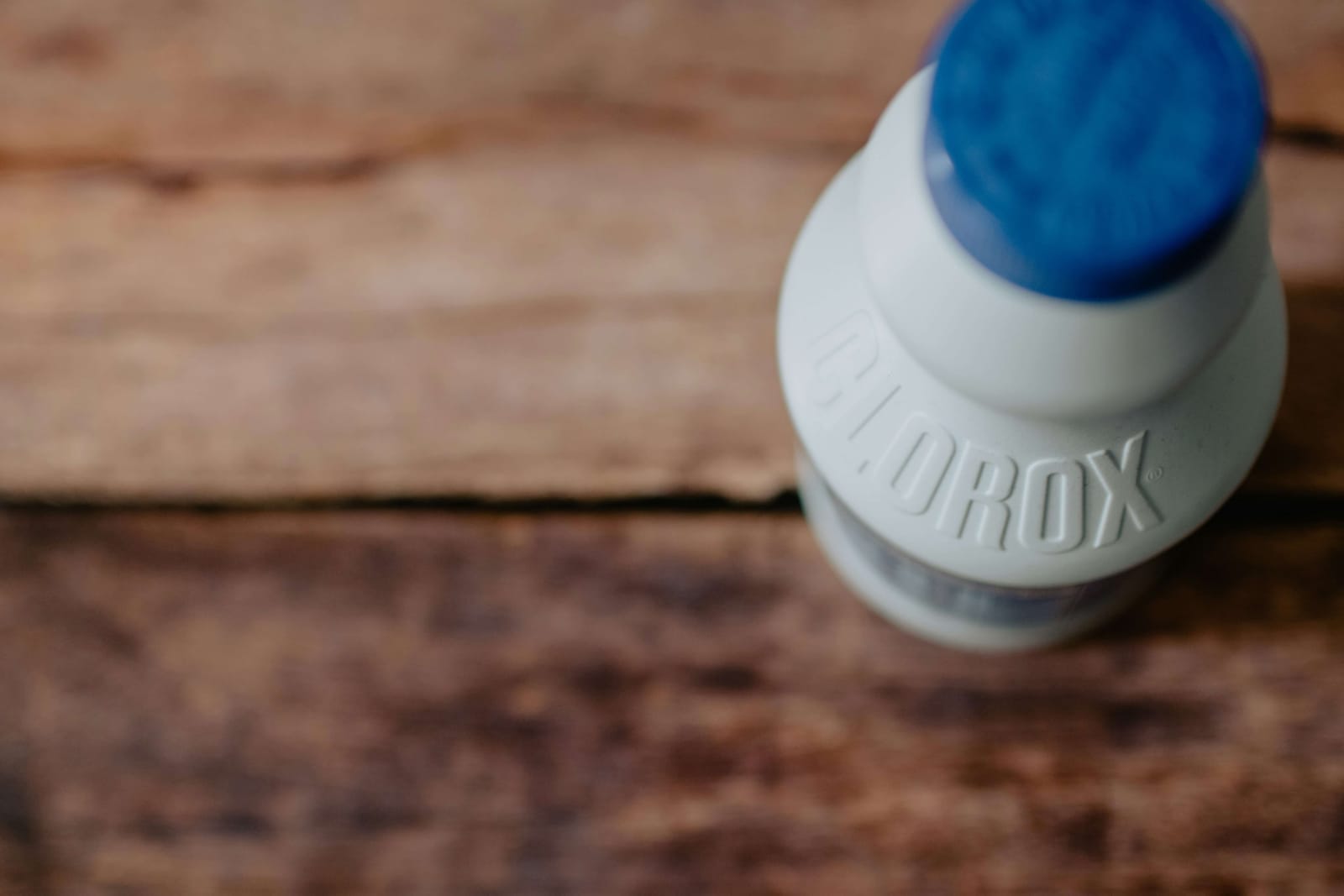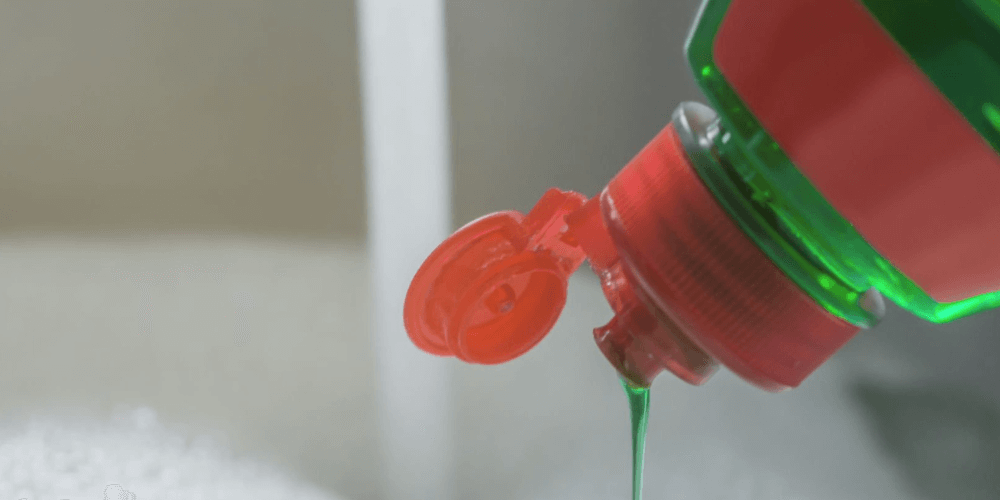Tea, a beverage that has been cherished for centuries, deserves the perfect brewing companion. The right tea kettle can transform your tea-making experience from a mundane task into a cherished ritual.
In this guide, we delve deep into the world of tea kettles, helping you navigate through the myriad of choices available.
Table of Contents
- The Rich History of Tea Kettles
- Types of Tea Kettles: Stovetop, Electric, and More
- What Material is Best for Your Tea Kettle?
- Size and Capacity: What You Need to Know
- Extra Features to Enhance Your Brewing Experience
- How to Care for Your Tea Kettle
- The Science Behind Boiling Water for Tea
- Health Benefits of Drinking Tea
- The Cultural Significance of Tea Kettles
- Environmentally-Friendly Tea Kettle Choices
- Safety Tips for Using Tea Kettles
The Rich History of Tea Kettles
Tea kettles have a storied past, originating from ancient China—the birthplace of tea. Originally fashioned from iron, these traditional kettles were integral in boiling water over open fires. As tea spread globally, so did the kettle’s design, adapting to various cultures and preferences.
Types of Tea Kettles: Stovetop, Electric, and More
1. Stovetop Tea Kettle:
This classic type exudes old-world charm and is a mainstay in many homes. Ideal for both gas and electric stovetops, they come in a variety of materials like durable stainless steel and heat-efficient copper.
Explore our top stovetop kettle.
2. Electric Tea Kettle:
A modern convenience, electric kettles boil water swiftly and often come with features like precise temperature settings and auto shut-off.
3. Gooseneck Kettle:
Preferred by tea connoisseurs, the gooseneck kettle offers a controlled pour, ideal for specific tea-brewing techniques. Read our comprehensive guide for the best gooseneck kettles.
4. Travel Kettle:
These compact and portable kettles let you enjoy your favorite brew, whether you're on a business trip or camping.
Check out our comprehensive article, where we recommend seven travel kettles that are small enough to pack in your suitcase or backpack.
What Material is Best for Your Tea Kettle?
- Stainless Steel: Known for its durability and modern look, it’s a rust-resistant option.
- Copper: While visually appealing, copper also heats quickly and evenly.
- Cast Iron: Perfect for those who appreciate tradition, these kettles retain heat well.
- Plastic: Affordable and light but ensure it’s BPA-free for health reasons.
- Glass: Ideal for herbal teas, as the transparent material allows you to enjoy the colors of the brew. For a comprehensive list of the best glass tea kettles, explore our dedicated article that provides detailed reviews and recommendations.
6. Porcelain/Ceramic: Elegant and timeless, porcelain kettles are often adorned with intricate designs, making them a centerpiece in many kitchens.
7. Aluminum: Aluminum kettles are durable and lightweight and are often used for camping due to their portability.
Size and Capacity: What You Need to Know
Choose a size based on your needs. Personal-sized kettles are great for individual use, while larger ones that hold 8-12 cups cater to groups.
Features to Enhance Your Brewing Experience
- Whistle: A charming feature that alerts you when the water is ready.
- Heat-resistant Handle: Safety first! This feature ensures you don't burn your hands.
- Ergonomic Spout: For a smooth pour without any spills.
- Temperature Control: Essential for teas that require specific temperatures.
- Limescale Filter: Keeps your water pure and your kettle clean.
Extra Features to Enhance Your Brewing Experience
- Whistle: Alerts you when the water is boiling.
- Heat-resistant Handle: Prevents accidental burns.
- Ergonomic Spout: Designed for spill-free pouring.
- Temperature Control: Essential for brewing teas at their optimal temperatures.
How to Care for Your Tea Kettle
Regular cleaning and proper storage are key. Use warm soapy water for routine cleaning and vinegar for tackling mineral deposits. Always store the kettle in a dry area to prevent rusting, especially for cast iron kettles.
The Science Behind Boiling Water for Tea
Boiling water might seem like a simple task, but when it comes to brewing the perfect cup of tea, temperature plays a crucial role. In this section, we'll delve into why water boiling points vary, how this affects your tea, and why investing in a kettle with temperature control or a thermostat can make all the difference.
Boiling Points and Altitude
At sea level, water boils at 100°C (212°F). However, for every 500-meter increase in elevation, the boiling point drops by approximately 1°C. This difference can be critical for those living in high-altitude areas. For example, in Denver, Colorado, which is about 1,600 meters above sea level, water boils at around 95°C (203°F).
Tea Type and Temperature
Different teas require different brewing temperatures:
- Green Tea: Best brewed at temperatures between 75°C to 80°C (167°F to 176°F).
- White Tea: Optimal brewing temperatures are even lower, ranging from 65°C to 75°C (149°F to 167°F).
- Black Tea: Generally requires higher temperatures, around 90°C to 95°C (194°F to 203°F).
- Oolong Tea: Ideal brewing temperatures vary widely depending on the specific type but generally fall between 80°C to 90°C (176°F to 194°F).
Temperature Control Kettles
Given these specific temperature needs, a kettle with temperature control can be invaluable for tea enthusiasts. Such kettles allow you to set the desired temperature, taking the guesswork out of the equation.
Health Benefits of Drinking Tea
Tea is more than just a comforting drink; it's a health-boosting beverage celebrated for centuries. Different types of teas come with their own unique health benefits:
- Green Tea: Abundant in antioxidants, green tea has been associated with enhanced brain function, weight loss, and a decreased risk of specific cancers.
- Black Tea: Loaded with compounds that bolster heart health, it helps in lowering blood pressure and cholesterol levels.
- Herbal Teas: Varieties like chamomile and peppermint are known to assist in digestion and promote better sleep.
- White Tea: Celebrated for its anti-aging properties, it contributes to improved skin health.
- Oolong Tea: Known to aid in weight management and enhance gut health.
Using the right kettle to brew these teas at their optimal temperatures ensures you extract their maximum health benefits. Investing in a quality tea kettle is not just about enhancing flavors; it's also about maximizing the health benefits in every cup you brew.
The Cultural Significance of Tea Kettles
Tea kettles have cultural significance in many societies. In Japan, the cast iron kettle, or Tetsubin, plays a crucial role in traditional tea ceremonies. The kettle's whistle signals a break from the day's activities for the cherished afternoon tea in Britain.
In Morocco, the act of pouring tea from a height using ornate silver teapots is an art form and a symbol of hospitality.
Similarly, in Russia, the Samovar, a heated metal container traditionally used to heat and boil water, has historical and cultural importance, often being passed down through generations.
Environmentally-Friendly Tea Kettle Choices
Opt for energy-efficient electric kettles to reduce your carbon footprint. When it’s time to replace your kettle, look for recycling programs or brands that offer eco-friendly disposal options.
Safety Tips for Using Tea Kettles
- Auto Shut-off: Prevents the kettle from overheating.
- Cool-touch Exterior: Reduces the risk of burns.
Conclusion
Choosing a tea kettle is a blend of practicality, cultural appreciation, and personal taste. As you venture into the world of tea, let your kettle be a symbol of the rich traditions and modern conveniences that make each cup unique.
Further Reading
- In T Ching's article "Dirty Little (Tea) Secrets," you'll find valuable insights on how to keep your kettle spotless.



